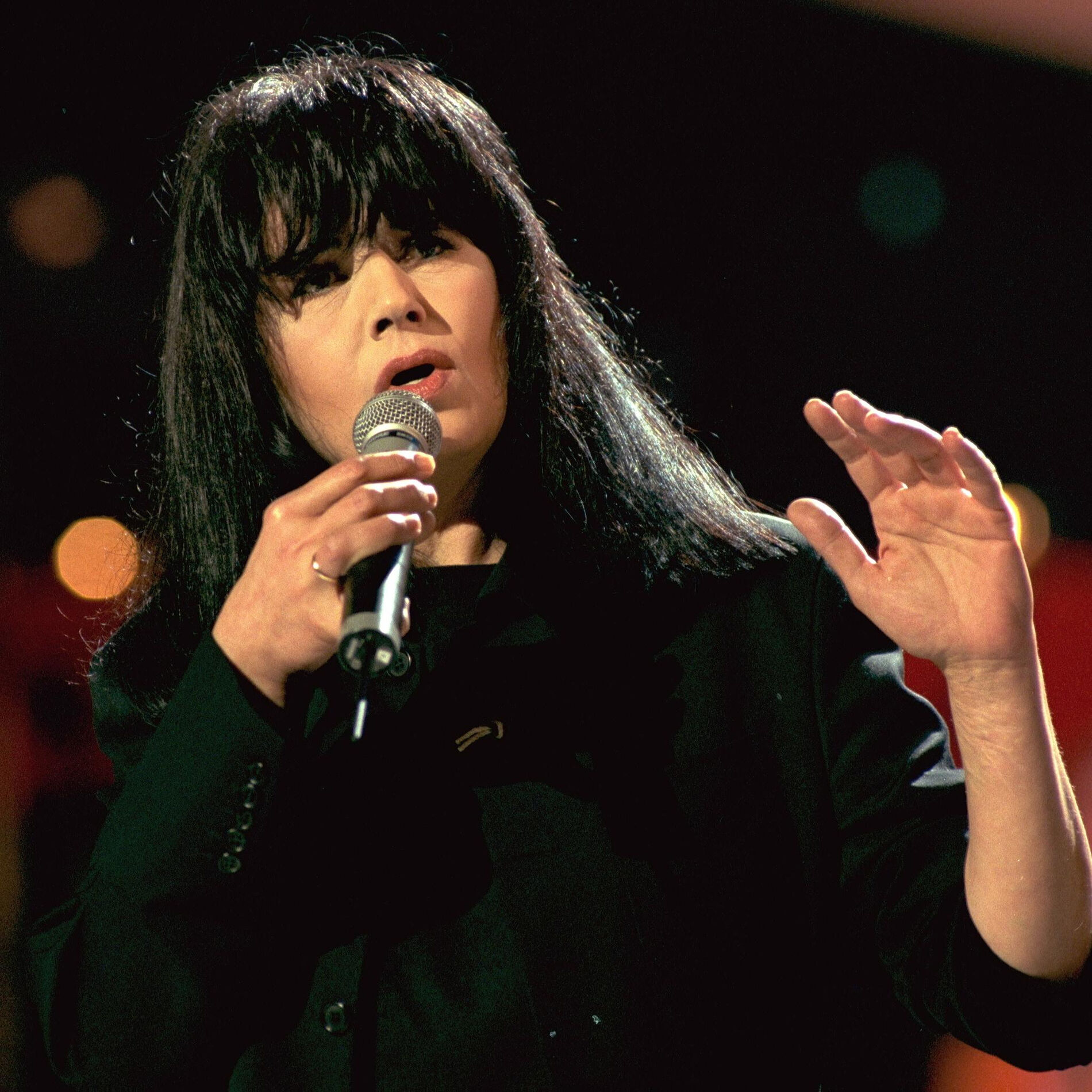### **I. Introduction**
- **Overview of Catherine Ribeiro’s Life and Legacy:**
- Brief introduction to Catherine Ribeiro's significance in French music.
- Mention of her death at age 82 and the impact on the music community.
### **II. Early Life and Background**
- **Childhood and Family:**
- Born on September 22, 1941, in Lyon, France, to Portuguese immigrants.
- Influence of her immigrant background on her later artistic expression.
- **Introduction to the Arts:**
- Early interest in performance and arts.
- Initial steps in acting before transitioning into music.
### **III. Musical Beginnings**
- **Transition to Music:**
- Shift from acting to singing in the early 1960s.
- Influences that shaped her musical style.
- **First Collaborations:**
- Meeting with Patrice Moullet and the formation of the band Alpes in 1969.
- Description of their innovative approach to music, blending rock, folk, and experimental sounds.
### **IV. Rise to Fame**
- **Breakthrough Albums:**
- Overview of significant albums released with Alpes, such as *"Catherine Ribeiro + Alpes"* (1969) and *"Paix"* (1972).
- Exploration of her unique voice and emotional delivery.
- **Thematic Focus:**
- Lyrics dealing with existentialism, social justice, and human suffering.
- The political and cultural context of the 1960s and 1970s in France.
### **V. Catherine Ribeiro + Alpes: A Musical Evolution**
- **Musical Style and Innovation:**
- Description of the musical style: fusion of different genres, use of unconventional instruments.
- Role of Patrice Moullet in shaping the sound.
- **Critical Reception and Influence:**
- Critical acclaim and commercial success of their work.
- Influence on later musicians and bands, particularly in avant-garde and experimental music.
### **VI. Personal and Professional Challenges**
- **Struggles in the Music Industry:**
- Challenges faced as an avant-garde artist in a commercial music world.
- Refusal to conform to mainstream trends and the impact on her career.
- **Personal Life:**
- Insights into her personal life, relationships, and how they influenced her music.
- Any notable personal struggles and how they were reflected in her art.
### **VII. Later Career and Continued Impact**
- **Later Works:**
- Albums and performances in the 1980s and 1990s.
- Evolution of her music and themes over the decades.
- **Ongoing Influence:**
- Ribeiro’s impact on contemporary artists and the music scene in France.
- Continued relevance of her music in modern times, especially among niche audiences.
### **VIII. Legacy and Tributes**
- **Cultural and Artistic Legacy:**
- Her place in the history of French music.
- Reflections on how her work influenced the avant-garde and alternative music scenes.
- **Tributes After Her Death:**
- Overview of tributes from musicians, critics, and fans following her death.
- Reflections on her contributions to music and culture.
### **IX. Conclusion**
- **Final Thoughts:**
- Summary of Catherine Ribeiro’s life and achievements.
- The lasting impact of her music and her role as a boundary-breaking artist.
This outline should guide the development of a detailed and rich narrative about Catherine Ribeiro's life, career, and legacy. Each section will delve into different aspects of her journey, emphasizing her contributions to music, her challenges, and the indelible mark she left on the world.


